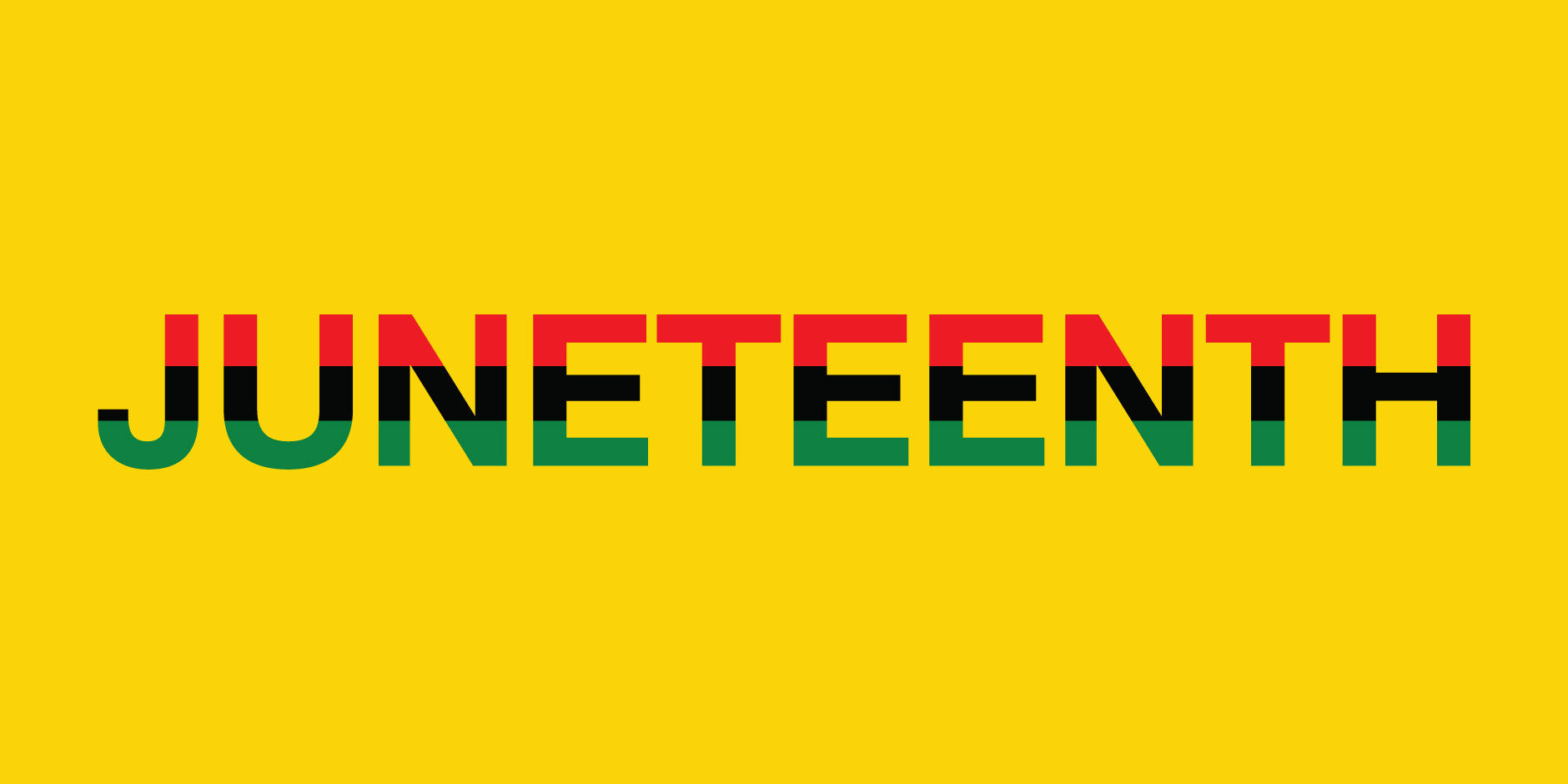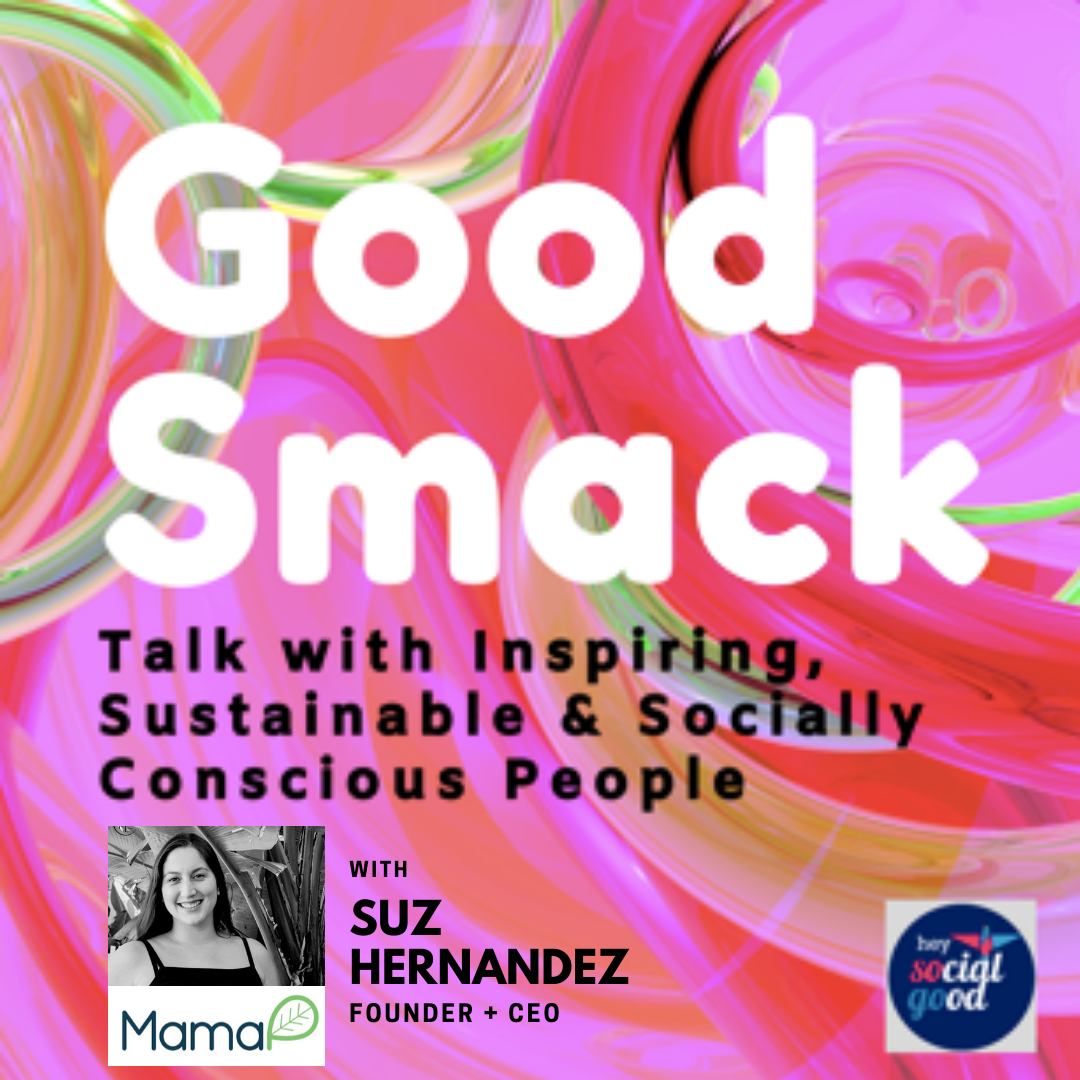
Juneteenth - What You Should Know
This past week President Biden officially made Juneteenth a federal holiday. But do you know the history of this federal holiday?
Juneteenth (short for June 19, 1865) is effectively when slavery ended in the United States. It's a day that's remembered in history when Abraham Lincoln freed the remaining slaves in the South. But did you know that it was January 1, 1863 when Lincoln declared slaves freed? Did you also know the US and US-businesses still participate in modern day slavery?

At MamaP, we stand for equality and openness and we believe that knowledge is power. That's why we've pulled together information so we may all:
1. Learn the history behind Juneteenth
2. Understand the implications of the 13th Amendment
3. End racial discrimination and modern day slavery in the US
What Is Juneteenth?
According to history.com, "Juneteenth marks the day when federal troops arrived in Galveston, TX in 1865 to take control of the state and ensure that all enslaved people be freed. The troops’ arrival came a full two and a half years after the signing of the Emancipation Proclamation.
The Emancipation Proclamation issued by President Abraham Lincoln on January 1, 1863, had established that all enslaved people in Confederate States in rebellion against the Union “shall be then, thenceforward, and forever free.”
Why did it take two and a half years to enforce this law?
"In reality, the Emancipation Proclamation didn’t instantly free any slaves. The proclamation only applied to places under Confederate control and not to slave-holding border states or rebel areas already under Union control (like Texas). However, as Northern troops advanced into the Confederate South, many slaves fled behind Union lines.
From Slave To Criminal With The 13th Amendment
The 13th amendment makes it unconstitutional for a person to be held as a slave, "Except as a punishment for crime whereof the party shall have been duly convicted." Why are we highlighting this amendment if slavery was abolished?
"The United States is home to 5% of the world's population, but 25% of the world's prisoners. Think about that." 13th, a documentary and free to view, opens with President Obama sharing this startling statistic.
1 in 4 people on Earth are locked up in the "Land Of The Free"
Around 2.3 million Americans are currently incarcerated. Of that number, 40.2% are Black men. Consider that Black men make up only about 6.5% of the US population. As Senator Cory Booker states, “Right now, we now have more African-Americans under criminal supervision than all the slaves back in 1850s.”
We haven't even folded in all people of color.
When slavery was abolished, the loophole was exploited and Black men were targeted.
"They were arrested for extremely minor crimes like loitering and vagrancy. And they had to provide labor to rebuild the economy of the South after the Civil War."
Targeting black and brown communities has continued since slavery was abolished - with racial profiling, "stop and frisk" policies, and police quotas. Another eye opening documentary to watch is Crime & Punishment - it spotlights how a progressive city like NYC still has a police force that targets people of color and their communities. There are police officers who want to help the community but have challenges due to pressure from the department to hit quotas.
Where Does This Leave Us Today?
Black Lives Matter is a movement, not a moment. It's not saying that all lives don't matter, but that Black and Brown communities need help right NOW. As we remember Juneneeth and how it took 2.5 years for a law to be fully executed (with loopholes), it's time for the human community to fight for equality and justice for our Black family.
Now's the time to take action - it will take a local-level and nationwide approach to start implementing change. We've put together a list of what you can do now and in the near future.
1. Keep Educating Others And Educating Yourself
Read books and articles. Watch documentaries. Discuss with people in your network. There are so many places to start, just start. Find your own path, build your knowledge.
2. Start Making Changes In Your Local Community
Do leaders in your community represent your views? Here's a breakdown of the elected offices that could be on your ballot: City Council, Mayor, Sheriff, District Attorneys, and Judges. Your vote counts.
3. Register To Vote In November - And Rally Others To Register
You can vote for Governors, State Legislator, Senators, Congress, and the President. Every election matters. Make sure your voice is heard.
4. Check if your favorite companies use prison-labor. If they do, tell them you don't approve. A new report released by New York-based advocacy group Worth Rises detailed some 4,100 corporations that profit from the country’s prisons and jails. It identified corporations that support prison labor directly or through their supply chains. Do you use Zoom Calls? They're listed on the report.
There are so many ways to take action - choose one and start somewhere.
#KnowledgeIsPower #ActNow









Leave a comment
This site is protected by hCaptcha and the hCaptcha Privacy Policy and Terms of Service apply.